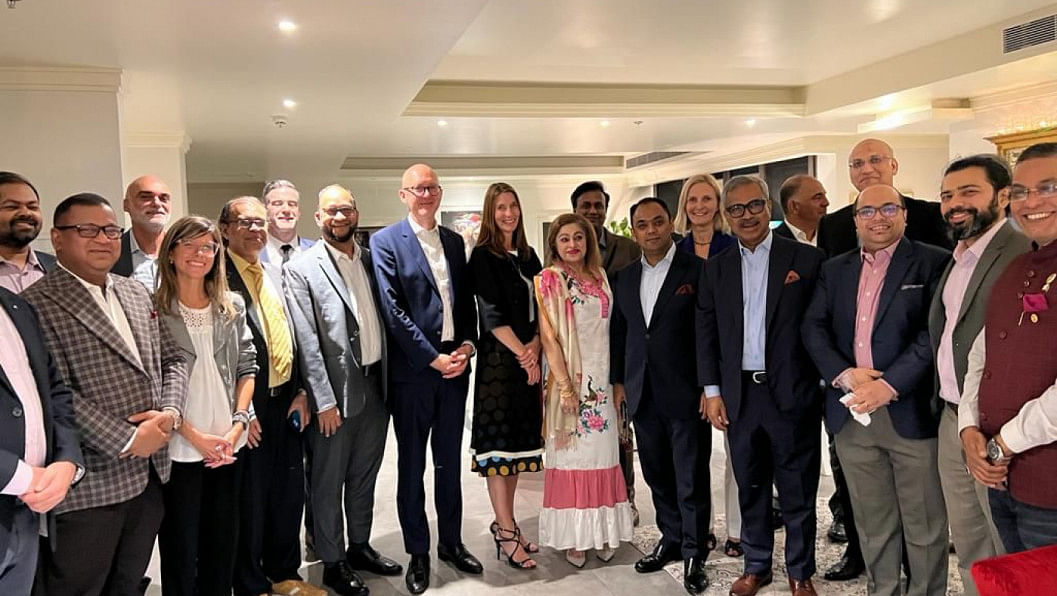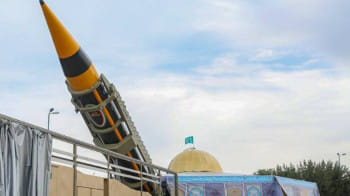BGMEA seeks extension of EU GSP

The Bangladesh Garment Manufacturers and Exporters Association (BGMEA) today again urged the European Union (EU) to extend the transition period of the Generalised System of Preference (GSP) from the current three years to six years.
The extension of the transition period to six years from three years would help Bangladesh to take preparation for smooth graduation from the least developed country (LDC) category and continue the growth momentum even in the post-LDC era, BGMEA President Faruque Hassan said on May 10.
He made the request in Dhaka during a meeting with Helena König, deputy secretary general for economic and global issues at the European External Action Service (EEAS).
Monika Bylaite, deputy head of delegation for South Asia at the EEAS; Charles Whiteley, ambassador and head of the delegation of the European Union to Bangladesh; Bernd Spanier, deputy head of EU delegation in Bangladesh; Maurizio Cian, minister counsellor and head of cooperation, were present at the meeting.
They discussed various issues, including trade and investment, Everything But Arms (EBA) and Bangladesh relations with the EU in the post-LDC era.
The BGMEA president apprised König of the major developments of Bangladesh's apparel industry, particularly in terms of workplace safety, environmental sustainability and workers' rights and welfare.
Hassan also urged the EU to consider waiving the EU's safeguard textile threshold criteria or redesigning the mechanism for Bangladesh in the proposed GSP scheme for 2024-2034 so that Bangladesh can benefit from the GSP Plus benefit after the LDC graduation.

 For all latest news, follow The Daily Star's Google News channel.
For all latest news, follow The Daily Star's Google News channel. 








Comments